What is Hanukkah?
12/12/2014 09:10:19 AM
Dear Rabbi George,
I wonder if the ambivalence I feel about Hanukkah is familiar to other American Jews. In the constellation of Jewish holidays, Hanukkah just doesn’t seem worthy of major observance. Is it the divine intervention that took place, where a day’s worth of lamp oil miraculously lasted for eight, that lends the holiday its significance? Such instances are numerous in the Torah, and only a few of them warrant holidays. Why this one? If the holiday is meant to commemorate the rededication of the Second Temple, why is that aspect of the story not emphasized? As a stand-in for Christmas, Hanukkah serves a useful purpose in that it gives Jewish children something to celebrate alongside their Christian contemporaries, but it seems to lack the deeper religious significance that gives Christmas its gravity, and therefore pales by comparison. Is there a better way to frame this holiday so that it feels more meaningful and authentic?
Dear Bruce,
You are certainly not the only person ambivalent about Hanukkah! Many folks lament its proximity to Christmas and the inflated response the “season” seems to generate. There are two main sources for Hanukkah, the book of Maccabees from the Apocrypha (not a part of our cannon but part of the Catholic cannon) and the Talmud. The book of Maccabees is a chronicle of the revolt, a war story, with no mention of the miracle of the oil. In the Talmud, the story of Hanukkah is imbedded in a discussion about Shabbat candles. Since they are talking about Shabbat Candles, they decide to also address Hanukkah candles and in the midst of their debate about what makes for fit Hanukkah candles this question arises, “Mai Hanukkah/What is Hanukkah?” Strange question… Don’t they know? Perhaps they too were ambivalent but for a different reason for when they answer the question “What is Hanukkah?” they skip the war story all together and tell the story of the miracle of the oil instead. I wonder why?
Perhaps they found the historical record troubling. After all, the Hasmonian Dynasty which the Maccabee’s established, was short lived, violent and corrupt, ending with the rise of Roman hegemony in the area. Or, perhaps they realized that a story of a small band of zealots successfully defeating the then mighty Syrian empire, would not play well with their Roman overlords? Whatever their reasons, it does not seem too farfetched to suggest that ambivalence about Hanukkah is part of Jewish Tradition!
Ambivalent or not, Hanukkah is important for many American Jews (we may say otherwise but, at least in this case, actions speak louder than words). And since Hanukkah is a popular Jewish touch stone here, rather than deny the obvious, I think we would do better to help folks move beyond the superficial association and comparison with Christmas and connect with the deeper story. For example, scholars today believe that the struggle of the Maccabees was as much a civil war as a struggle against Syrian domination and oppression. Many Jews in that time were attracted to the Hellenistic (Greek) culture of the Syrian Empire and wanted to be a part of that society. Others wanted to maintain a more traditional Jewish life. They fought bitterly amongst themselves and the Syrians were eventually drawn into the conflict. In fact one could argue that the Jews who wanted to be a part of the Hellenistic life of that time were the first Reform Jews! This understanding of the story may be troubling, but it also stimulates an important dialogue about what it means to be a Jew in contemporary society.
On a more spiritual plane there are a number of narratives within the story to think about. For example, my great teacher, Rabbi David Hartman taught that the true hero of the story was not Mattathias or Judah Maccabee but rather the anonymous person who had the courage to light the Ner Tamid, the Eternal Light in the Temple knowing that there was not enough light to keep it going for more than a day. Why? Because in order to light that light he had to take a leap of faith that somehow they would make it work. The question then becomes where in our lives do we need the courage take that jump ourselves from the known into the unknown, from what is to the potential of what could be.
And then there is the light. Light is such a powerful symbol; one, small candle can light up the darkness. Things fester in the dark. Injustice occurs where no one can see what’s happening. Darkness is the cousin of despair. Where there is light there can be justice. Where there is light, hope is alive. Rabbi Michael Robinson, may his memory be for a blessing, used to send people who were struggling a note at this time of year writing something like: “I know things have been challenging for you lately; may this Hanukkah bring you some needed light in a dark time for you and your family.”
This year Hanukkah begins on Tuesday, December 16th and our congregational celebration is Wednesday, the 17th at 6:15 pm. Ambivalent or not, come and join us as we light our Hanukiyot (Hanukkah menorahs), sing, learn and eat together. You may not be sure about the meaning and importance of Hanukkah, but rare is the person who is ambivalent about latkes with sour cream and apple sauce!
Hanukkah Sameakh!
RG

